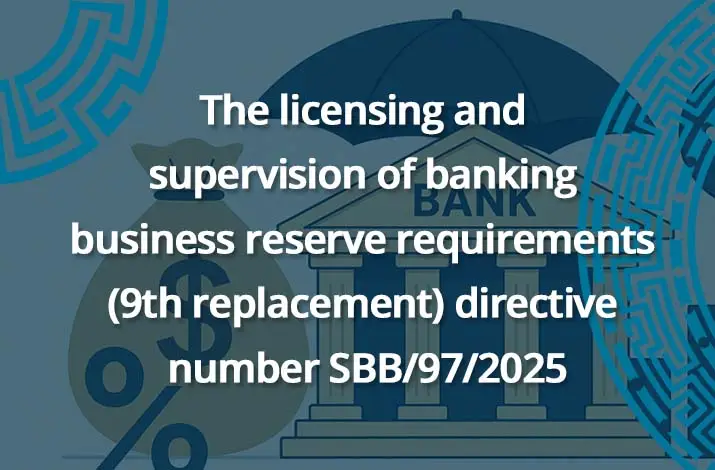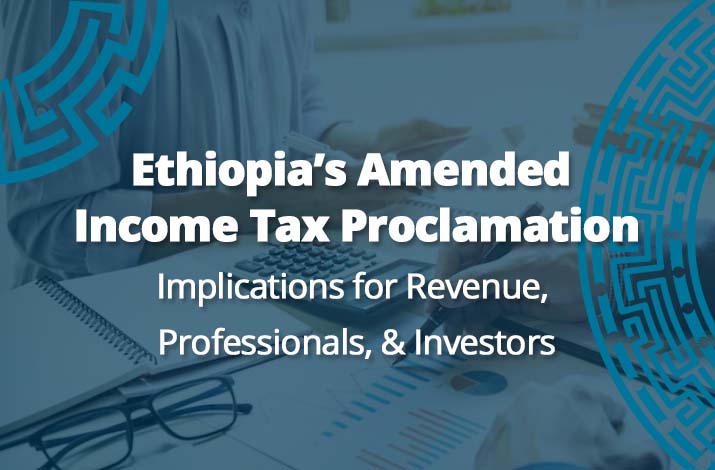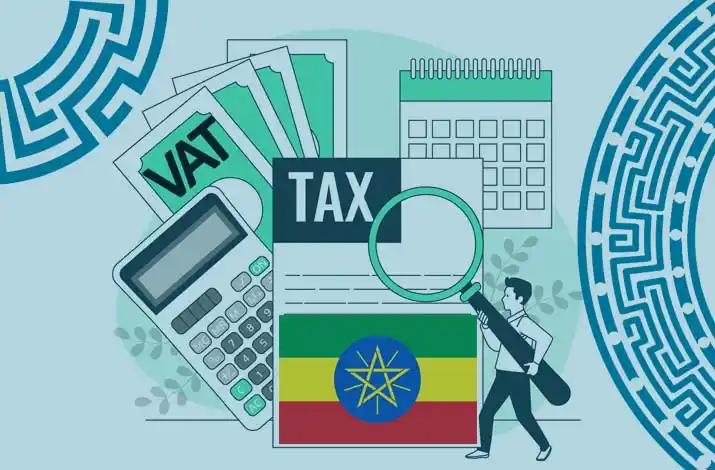Understanding Tax Obligations in Real Estate Transactions
The real estate industry is growing despite the lack of trust between developers and buyers. Without a comprehensive legal regime, it is primarily governed by contractual arrangements. However, it is possible to shift the economic burden of tax by way of a contractual arrangement, writes Yehualashet Tegegn, an associate at MLA and lecturing law at Addis Abeba University. He can be reached at yehuala5779@gmail.com
The real estate business is a very recent phenomenon in Ethiopia. It flourished with the advent of privatization in the early 1990s – more pertinently after 2002 – when the government took drastic measures to incentivize the construction of condominium housing with a market-oriented lease law.
Driving economic development, the real estate industry has also significantly contributed to both middle and high-income earners.
However, the industry is not sufficiently regulated, creating undesirable consequences and a lack of trust between developers and home buyers in the case of unfinished properties or those that have not even started. The unconcluded debacle with Access Real Estate can illustrate this point.
The real estate industry is growing despite the lack of trust between developers and buyers. Without a comprehensive legal regime, it is primarily governed by contractual arrangements. Some tax items concern the buyers, while others affect the real estate developers. However, it is possible to shift the economic burden of tax by way of a contractual arrangement.
The primary legal rule governing the real estate industry is the Civil Code. By far, deals in real estate are contracts between developers and buyers. Even though parties can determine the terms and conditions, mandatory requirements override the contract. Being lawful appears to be the objective of the agreements.
One of the most frequently probed issues is stipulating the contractual price in the US dollar. It is common practice that the housing price is indicated in US dollars to reduce the devaluation effect. Although there is no prohibition under the law to refer to the cost of the properties in forex as long as the payment is made in Birr, the central bank had an earlier habit of discouraging this practice. However, under various provisions of the Civil Code, the law permits the contracting parties to stipulate the sum of money in foreign currency.
Yet, the debtor can at any time discharge an obligation, paying a sum equal to the overall value of the foreign exchange at the prevailing rate at the time of the payment.
Other than the mandatory provisions of the law, the real estate industry is regulated by laws governing condominium housing, urban land lease holding, and buildings. The tax regime also governs the transactions.
There are various taxes applied during a sale by a real estate developer. This impact is different on the buyers; the tax rates applicable for buyers when a real estate sells properties could differ when the buyer is an entity or individual.
The capital gains tax is taken as the primary obligation of real estate developers, where the buyer is subject to 15pc capital gain tax. The tax system is not applicable for new properties not registered under the developer’s name. The transfer and issuance would be approved once declared and the tax paid. The tax regime usually imposes the difference between the price and cost of acquisition.
Under the withholding tax obligation, developers claim two percent withhold tax only when a business entity is a buyer, paid upon the transfer of properties. Value-added tax (VAT) is another taxable transaction where the developer must charge 15pc at the time of payment and make an invoice. Despite this, a dwelling can be exempted from tax payment for a minimum of two years if used for the referred years.
Under Ethiopia’s property law, the transfer of immovable properties such as buildings is presumed to have been made when the contract is registered before the relevant government authority, the Document Authentication & Registration Agency (DARA). At the same time, the Land Administration Office charges a two percent stamp duty tax from the buyer and seller, paid before certificates for title deeds are issued.
The capital gains tax, popularly referred to as “Ashura”, is the most important tax obligation.
The Land Administration Office of the City Administration also has its service charge to effect the registration and effectively issue ownership title to the buyer. The city administration charges four percent of the value of the building to be transferred to the buyer in the case of residential buildings and 19pc of the value of the building for commercial purposes, including capital gains tax. Buyers pay for property transfer tax for residential as well as commercial buildings.










